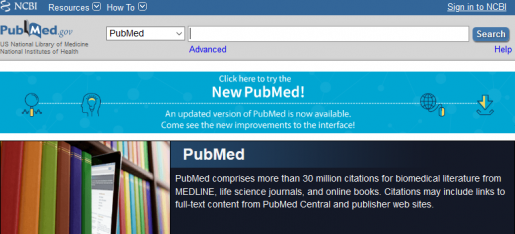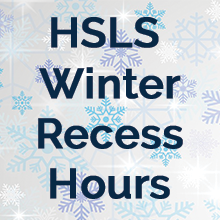I recently attended a workshop from the Data Curation Network, a collaboration of institutions that have developed specific guidelines to help their researchers share research data. Though the workshop was aimed at librarians, the DCN’s process is useful to any researcher preparing data for sharing in a repository. If you are interested in making your research more reproducible, I encourage you to consider these simple steps.
Imagine that you have a dataset—a package of data files, documentation such as codebooks or READMEs, and perhaps analysis code—that you wish to (or are required to) deposit in a repository such as Figshare or OpenNeuro. The files you have probably require some cleanup before you share them with the world, but there may be other actions you can take that would have a big usability payoff for minimal investment. The steps below form the Data Curation Network’s “CURATE” model, paraphrased here but available in full online: Data Curation Network: A Cross-Institutional Staffing Model for Curating Research Data. Continue reading



 Over Pitt’s winter break, Falk Library will have modified hours:
Over Pitt’s winter break, Falk Library will have modified hours:


